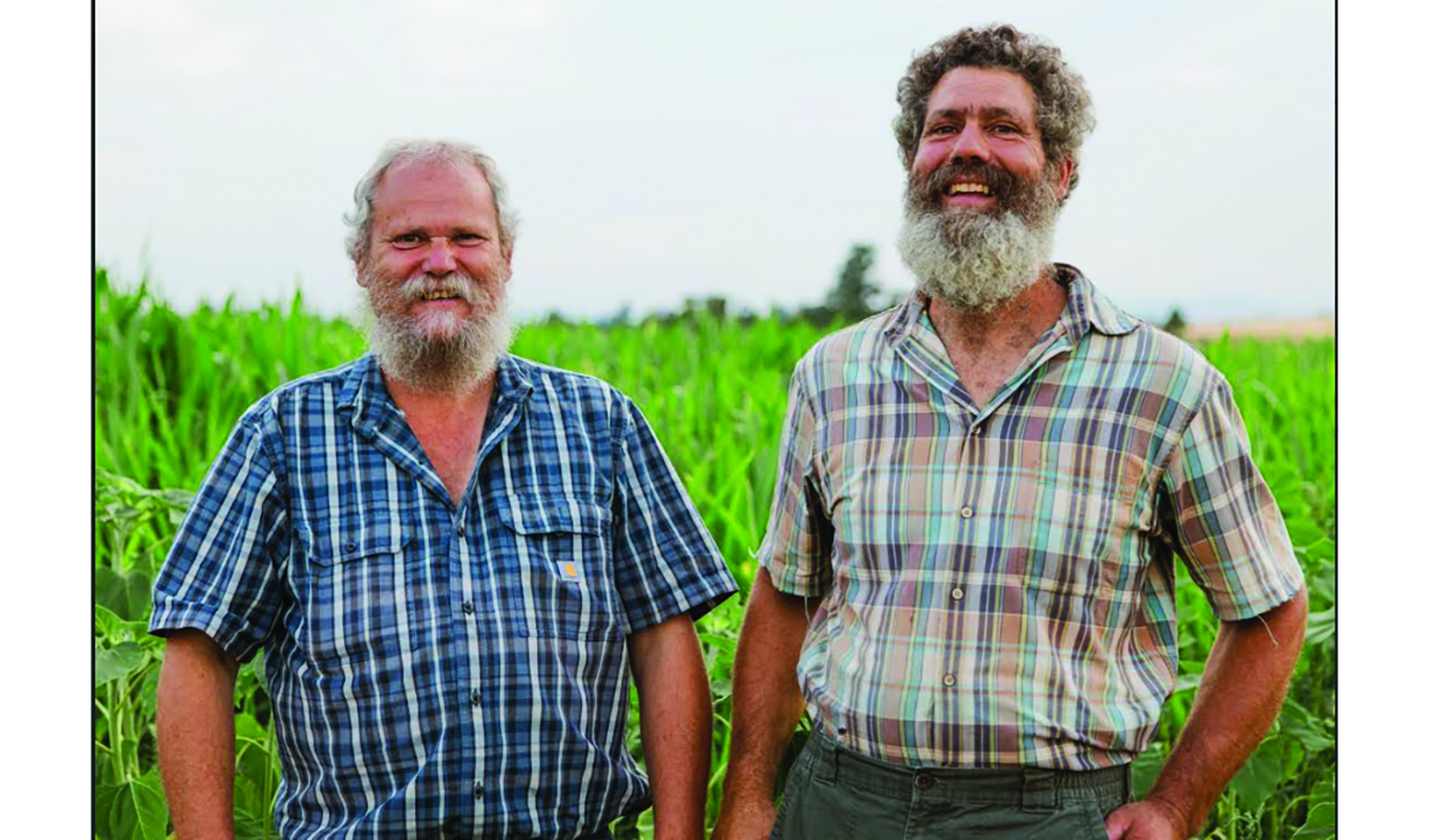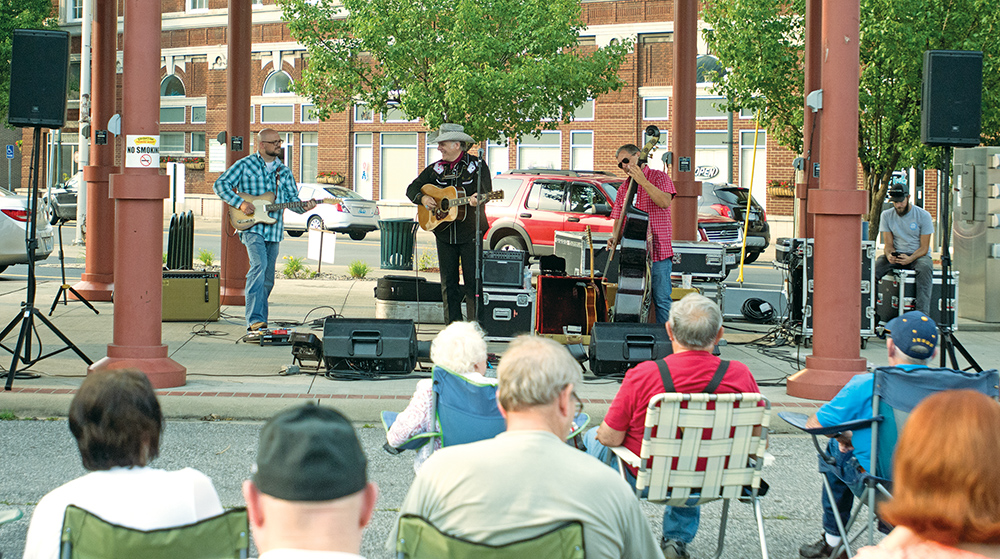Offender registry couldn’t stop deaths
Published 10:27 am Wednesday, November 11, 2009
One of Ohio’s foremost champions of tougher sexual predator laws conceded a certain futility to such efforts as body after body was removed last week from the Cleveland home of Anthony Sowell.
Republican U.S. Rep. Steve Austria, a former state Senator from the Dayton suburb of Beavercreek, repeatedly championed state laws that he and other supporters believed would make the state safer.
Yet Sowell, a compliant registered sex offender after doing prison time for attempted rape, is accused of murdering several unsuspecting women and stowing their bodies in a house and yard that reeked of rotting flesh.
Remains of 11 people have been found and Sowell, 50, has been charged with five counts of aggravated murder. The FBI has expanded its investigation to unsolved murders in other states where Sowell lived.
Bills that Austria introduced and ushered through the state Legislature cracked down on Internet predators, created a tracking system for sex offenders within and outside the state’s borders, and established the country’s first substantially complete sex offender registration and notification systems under the federal Adam Walsh Act.
Austria acknowledged, though, that no law probably could have been written that would have avoided the “horrific and disturbing tragedy” that’s unfolding in Cleveland.
“While these bills play an important role in allowing us to keep track of sex offenders and requiring them to register, those who are going to commit these terrible acts unfortunately will find ways around any safeguards we create in the law,” he said.
States have turned their attention to laws aimed at curbing sexually predatory crimes since about 1994, said Donna Lyons of The National Conference of State Legislatures. Among legislative trends that have swept through the states have been stricter residency reporting requirements for convicted sex offenders and tougher surveillance strategies, including GPS monitoring.
“Certainly going back over a decade, there’s been a lot of interest in the states,” Lyons said.
According to a 2008 report by the Office of Sex Offender Management, a project of the U.S. Justice Department, “these laws have significant resource implications, yet to date very little research has been conducted to examine the extent to which these investments have yielded significant public safety returns.”
When he announced in September that Ohio had achieved substantial implementation of the Adam Walsh Act, Ohio Attorney General Richard Cordray said registration information was clearly providing benefits to families.
“Effective tracking and monitoring of sex offenders equips parents with the information they need to keep their children safe,” he said in a statement at the time. “Taking deliberate steps to provide a common foundation for all the registration systems throughout the United States allows our families to make the most effective use of the information those systems provide.”
The Buckeye Sheriffs Association added that electronic sex offender registration was a tool that would provide families unprecedented peace of mind, because it allowed law enforcement agencies to communicate across communities and state borders.
Joyce Lukima, executive director of the National Sexual Violence Resource Center, said registries are most effective when followed up with aggressive monitoring of sex offenders after they’re released.
In the Sowell case, police have said they were unable to access his home during their routine visits. Also, some of the women who were his alleged victims were seen fraternizing willingly with Sowell before their disappearances, either unfazed by his sex offender status or unaware of it.
But even women aware of the registries can be at risk. Megan O’Bryan, director of the Cleveland Rape Crisis Center, said sex offender registries as addressing only part of the problem.
“They are focused on convicted sex offenders, and this is a vastly underreported crime,” she said. “It’s not a comprehensive way of looking at the problem. It may increase the safety of a community, but it limits it to the small number of sex offenders who are actually convicted. It’s a false sense of security.”
Julie Carr Smyth is a correspondent for the Ohio Associated Press.





